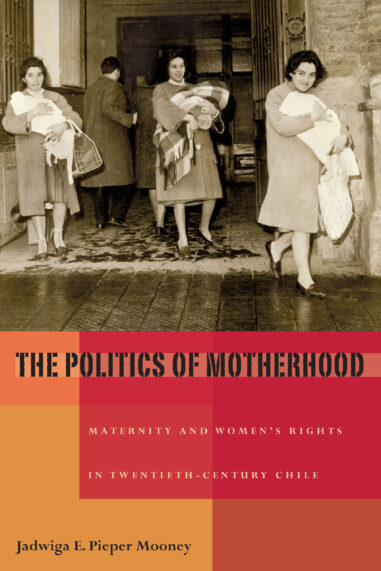
Paperback $60.00
Also available in Kindle
Request Exam or Desk Copy. Request Review Copy
The Politics of Motherhood
Maternity and Women's Rights in Twentieth-Century Chile
In a remarkably readable book, Jadwiga Pieper Mooney places the politics of motherhood and reproductive rights in twentieth-century Chile in a transnational context, analyzing how Chilean physicians and politicians appropriated ideas about population control from abroad. At the same time, Pieper Mooney shows how women's activism and new ideas about women's roles as citizens and mothers shaped birth control plans and other state policies. A pioneering work on motherhood, the unfolding of the Cold War, and reproductive policies and technologies.

